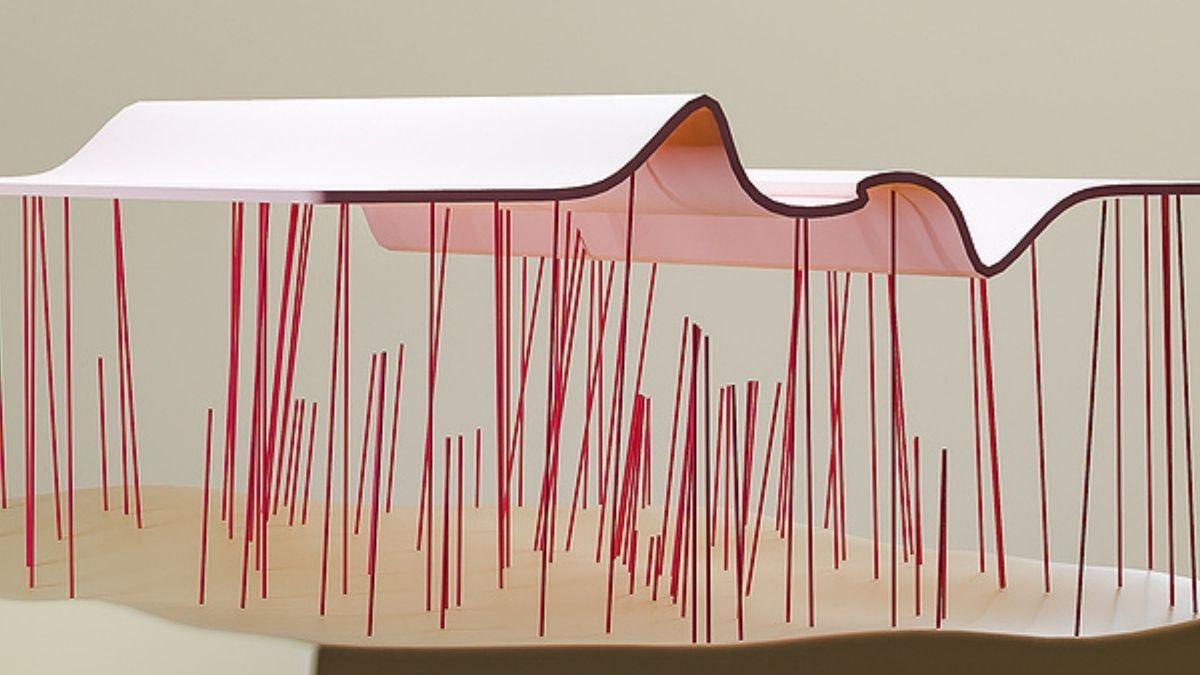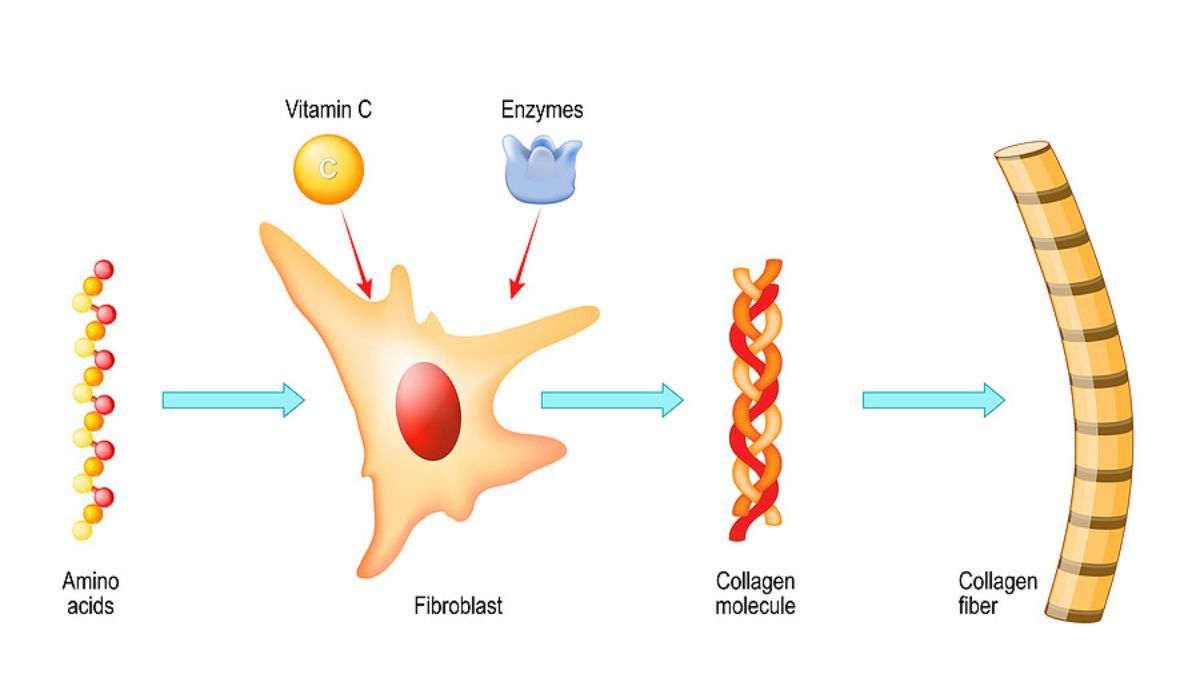Collagen is a complex protein and the most abundant protein found in the body. There are 4 types of collagen:
What does collagen do in the skin? In the Diploma in Integrative Nutridermatology® we teach our students that the skin is similar to a mattress...
- Type I: Most abundant collagen (90% of collagen is type I). Found in the Bones, Skin and Dentin
- Type II: Found in elastic cartilage, which provides joint support.
- Type III: Found in muscles, arteries and organs. This type of collagen constitutes 20% of adult skin
- Type IV: Found in the basement membrane which (in skin) forms the support between the dermis and epidermis
What does collagen do in the skin? In the Diploma in Integrative Nutridermatology® we teach our students that the skin is similar to a mattress...
Collagen and the 'skin mattress'

Are collagen supplements important?

The case against collagen supplements (and why we don't recommend then on our courses)
References
- Poortmans JR, Carpentier A, Pereira-Lancha LO, Lancha A Jr. Protein turnover, amino acid requirements and recommendations for athletes and active populations. Braz J Med Biol Res. 2012 Oct;45(10):875-90
- Book: Biochemistry, Collagen Synthesis: https://www.ncbi.nlm.nih.gov/books/NBK507709/
- Jhawar, Nikita, Jordan V. Wang, and Nazanin Saedi. "Oral collagen supplementation for skin aging: A fad or the future?." Journal of Cosmetic Dermatology 19.4 (2020): 910-912.
Article by Star Khechara
Professional agehacker, author, speaker, founder of skin nutrition institute
About me
Ex-skincare formulator and beauty author turned skin-nutrition educator: Star distilled her 20+ years of skin-health knowledge into the world’s first international accredited skin-nutrition school to teach skin therapists, facialists, face yoga practitioners and estheticians how to help their clients feed the skin from within for cellular-level rejuvenation and vibrant beauty.


